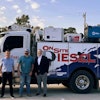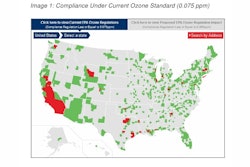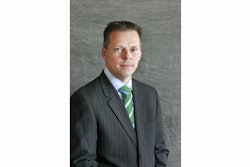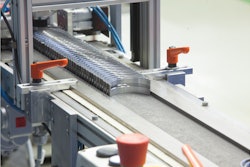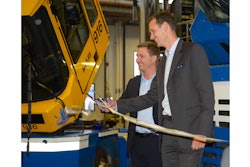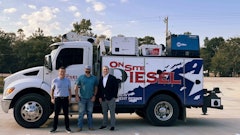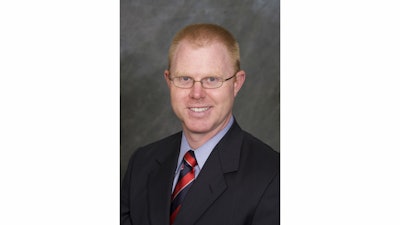
responses by Scott Woodruff, Director of Industrial Engine Sales, MTU America Inc.
[POLITICS] What political/government regulation/standard/bill was passed in the past year that most affected the way you do business and go to market?
The Euromont Stage 5 regulation announcement on Sept. 25 confirms the direction for Europe’s emission requirements in the years ahead, but it puts additional R&D investment stress on engine manufacturers.
[CONSOLIDATION] Now that Tier 4 Final is underway, many companies’ engineering resources have been freed up to refocus on developing new products instead of refining existing products to meet regulatory expectations. Have you seen this refocusing? What does this mean for future equipment designs and advanced system development?
We see the opposite taking place. Yes, Tier 4 Final is underway, but most OEMs have not yet started projects to implement Tier 4 final. We see that focus changing in 2015-2016. Under TPEM flexibility allowances, customers can still use older technology and engines until the end of 2017. Smaller OEMs are waiting to make sure their ROI is maximized.
[CLIMATE] Have you seen extreme temperature and weather conditions affect the performance expectations of your vehicle/system? If so, how?
We find the biggest weather concern in the marketplace to exist around extremely cold weather. Because of the use of SCR with DEF, cold weather is definitely an issue for our customers in Tier 4 final engines below 750 bhp. We have smart application engineers and smart solutions and we are working to implement them with customers. DEF tanks already come with heating elements, and our standard is electrically heated DEF lines to prevent freezing. As long as we’re working in partnership with our OEMs, it shouldn’t be an issue.
[TECH OF THE FUTURE] Where is the heavy-duty vehicle industry lagging?
Cooling systems are lagging behind the auto sector because of the auto sector’s advantages in R&D for advanced radiators and engine cooling technology, as well as their advantages in volumes.
[TECH OF THE FUTURE] What current ideas and new technologies have the most potential for future gain?
We see a strong potential for smaller engines for applications that currently use larger engines because overall equipment efficiencies are improving.
How has the acquisition of MTU/Tognum by Rolls-Royce affected the company’s current and future business goals?
MTU and Rolls-Royce have been actively working to achieve as much integration as possible between the two organizations; this process will continue as we grow; it provides us with access to technologies and engineers not previously available to us, in various industries / applications; provides fresh engineering perspective and collaboration.
With Tier 4 Final mostly complete, what does MTU foresee the next big technology focus to be for the engine segment?
On-board diagnostics, self-regulating software similar to on-highway engines, which should make it easier for integration into off-highway engines. This technology could potentially make engines smarter, cleaner, more efficient.
We’ve been focused on increased efficiencies with every engine redesign for any emissions regulation Tier. This has been a focus of ours for several years, as well as reduced internal friction, reduced noise emission, increased combustion optimization, reduced fuel / oil consumption, etc.




